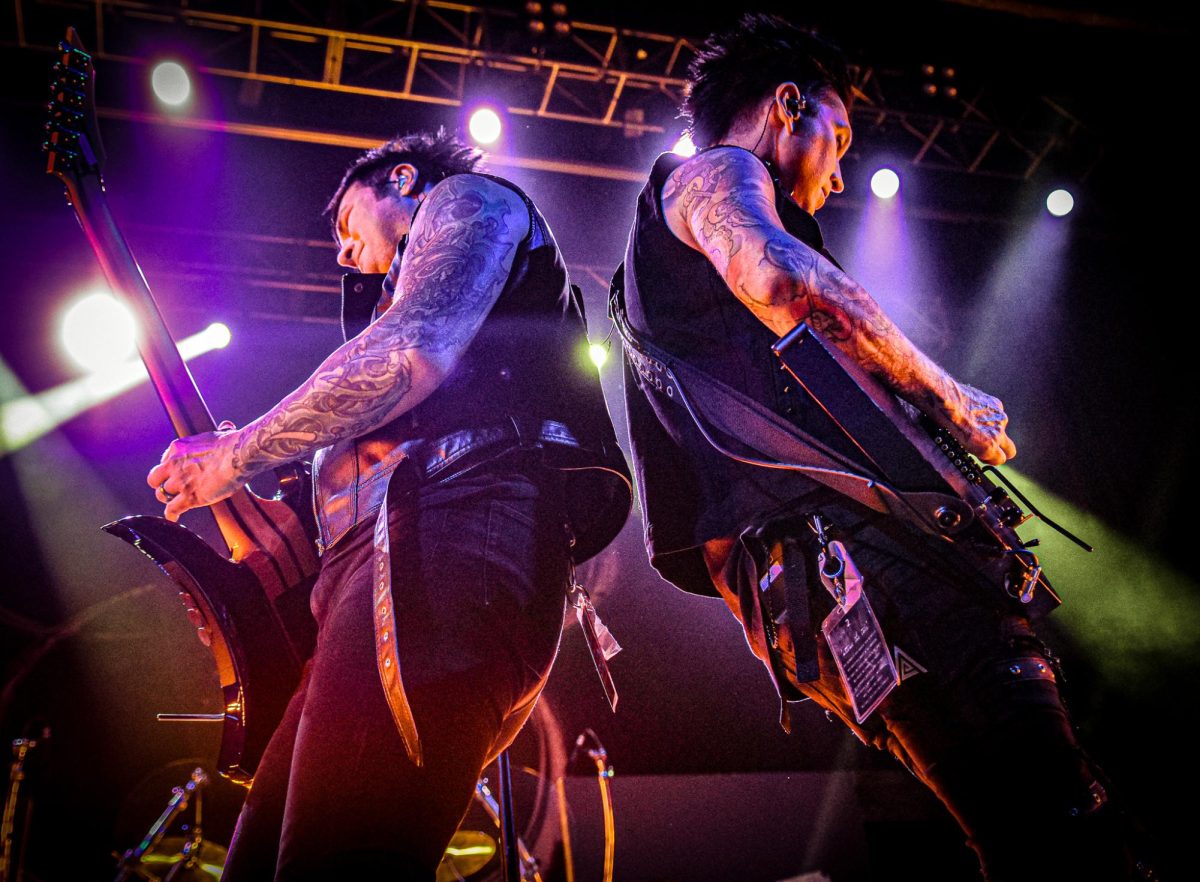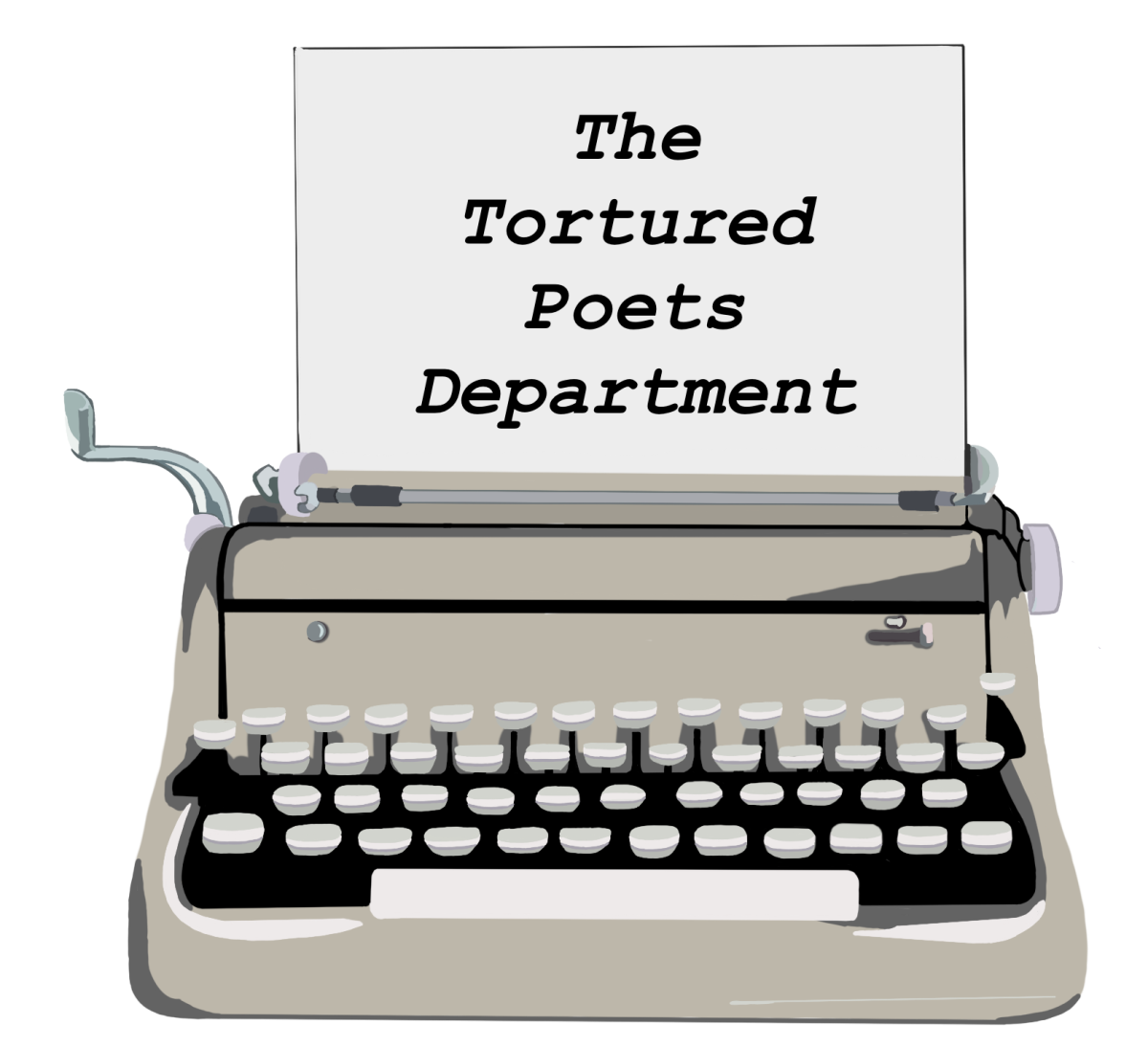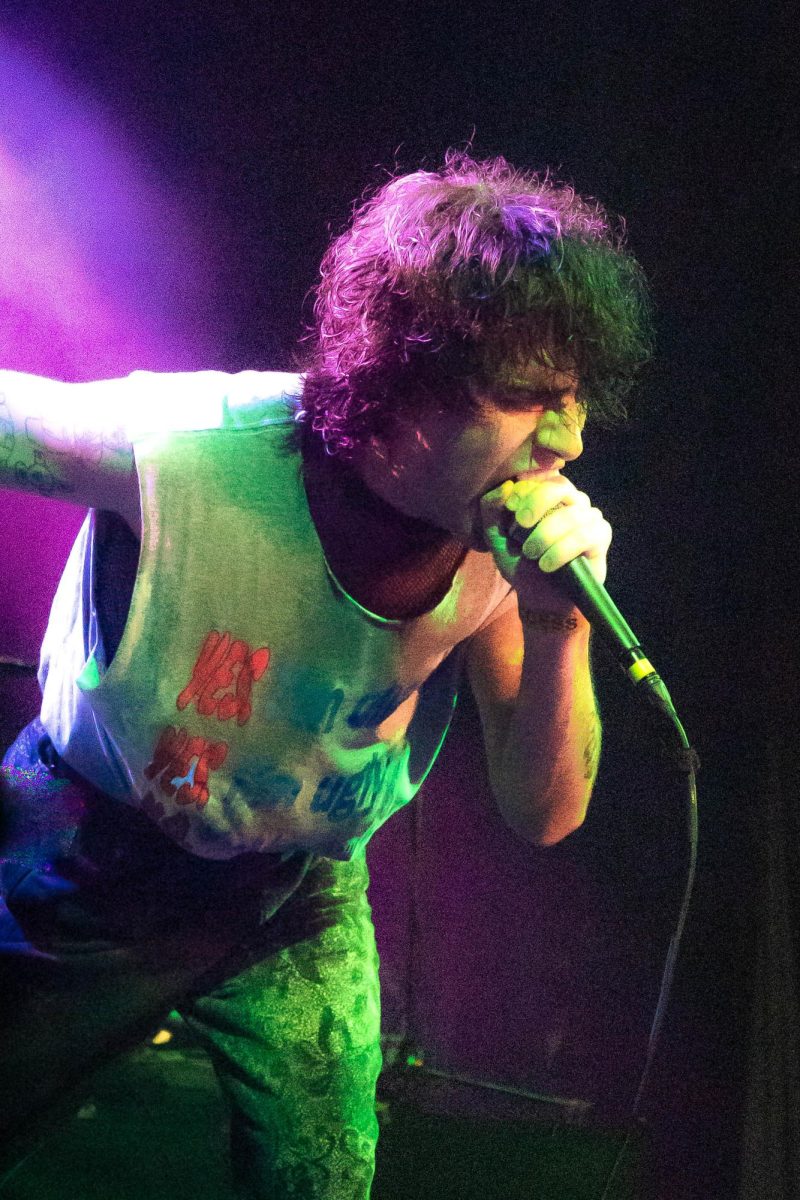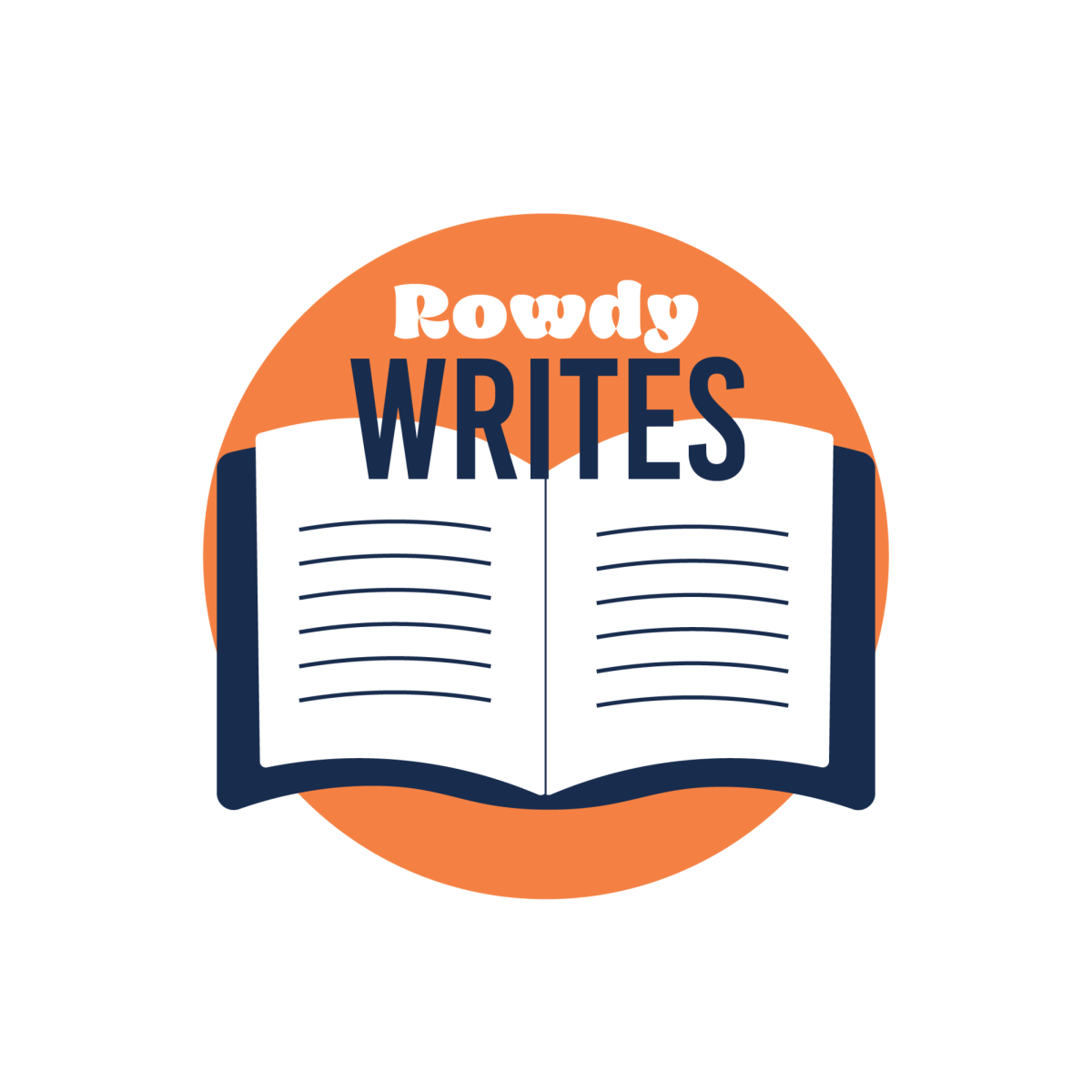
On Friday, Feb. 5, UTSA faculty hosted a seminar as part of the Creative Writing Reading Series that featured Philipp Meyer, award-winning author of “American Rust” and “The Son.”
During the seminar, Meyer read three excerpts from his most recent book, “The Son,” which was a runner-up for the Pulitzer Prize.
“The Son” follows the “rich, dynastic saga” of the McCullough family’s bloody struggle for power and wealth in Texas—spanning over 150 years—from the Comanche raids of the 1800s to the oil booms of the 1900s. The story delves into the origins of the American image of the Frontier, using “Texas as a lens for looking at the greater mythology of America.”
Meyer explained that the process of writing “The Son” took him five years of meticulous research into Comanche customs, even going so far as to kill a buffalo and ritualistically drink its blood, as a way to better capture the lives of the Comanche and Anglos in the West.
Meyer began by reading a passage from the perspective of the family’s patriarch, Colonel Eli McCullough, who was kidnapped by the Comanche at 13 and violently pursues his ambitions of wealth and power. Near the end of his life, Eli contemplates his use of violence to garner power for his family, detailing how brutal life on the frontier was for both the Anglo migrants and the Native Americans.
Meyer then read an excerpt from the perspective of J.A. McCullough, Eli’s great-granddaughter and heir to her family’s wealth. J.A. recounts how little she fit in with other women, who “smiled too much” and “made no sense to her,” while struggling to maintain her family’s hard-earned reputation.
Meyer concluded with a segment from the perspective of Peter McCullough, Eli’s kind-hearted son who bears the emotional brunt of his father’s ambition. Peter constantly struggles to find meaning in his life despite the essentially “state-sanctioned violence” around him, and despite his family being “lionized in capitalism” and the “Tejano (dying) unrecorded.”
Meyer’s style evinces his knowledge of history. He employs vivid imagery and casts a somber and foreboding tone onto his descriptions of the characters’ emotional turmoils.
In the Q&A afterward, Meyer went into great detail about the writing process he went through when writing “The Son.” He explained the actual history of the violence in Texas rather than the mythologized version many are accustomed to hearing.
He described the often untold history of the “Bandit Wars,” saying that “Mexico looked like Iraq” in that civil wars raged constantly, giving the era the nickname “The Hour of Blood.”
Meyer also recounted several things he discovered when writing “The Son.” He said that, as an artistic expression, “Fiction can be [truer] than very honest nonfiction,” and that “making art, in whatever form…is like learning to play a sport” in that it takes years of practice.
Meyer also explained that it is “dangerous to get rewarded before you’re good… If you know exactly what you’re trying to say…you should be writing nonfiction.”
The next installment in the Creative Writing Reading Series will take place on March 4, and will feature Rigoberto González, author of “Unpeopled Eden.”











